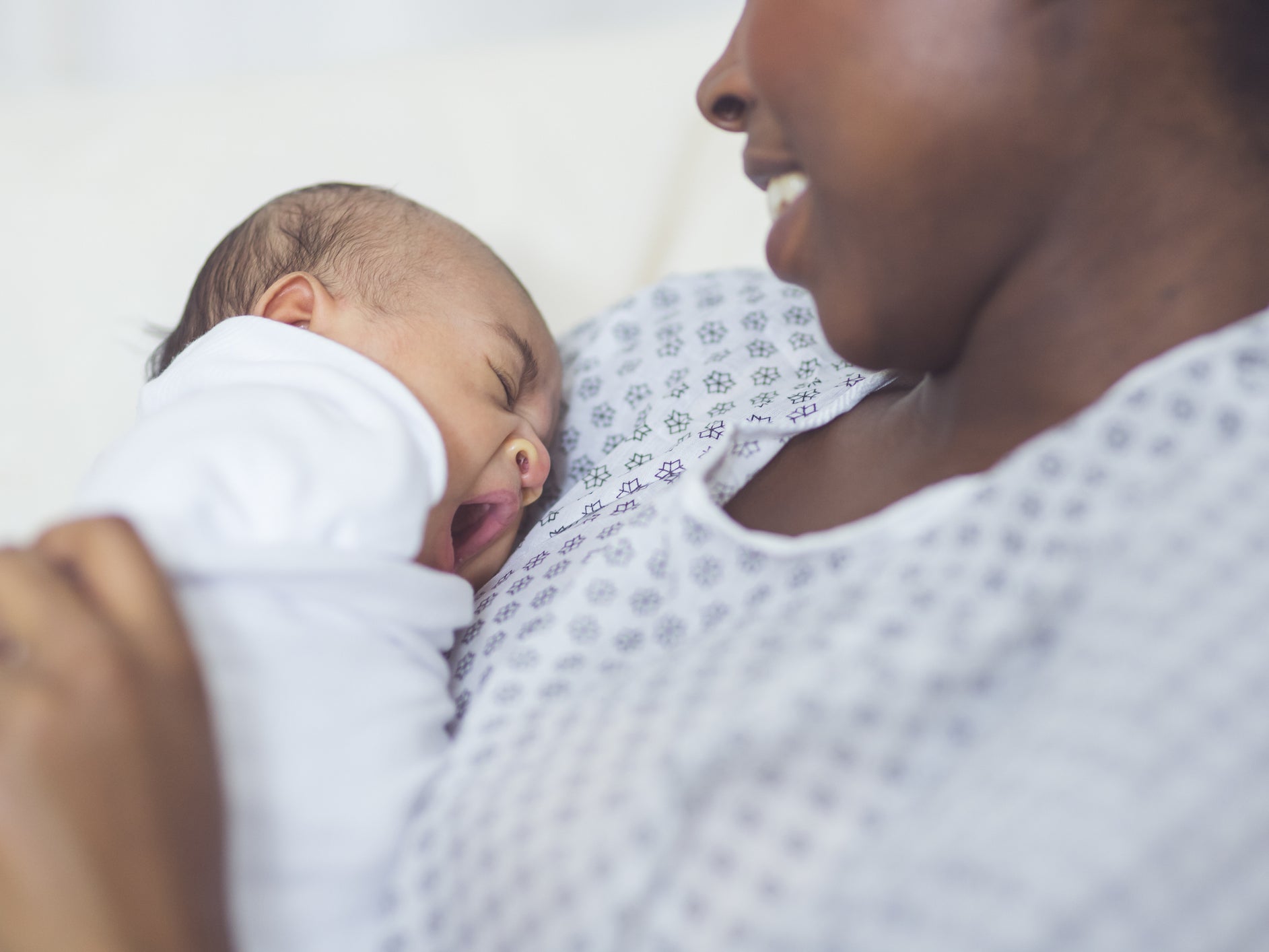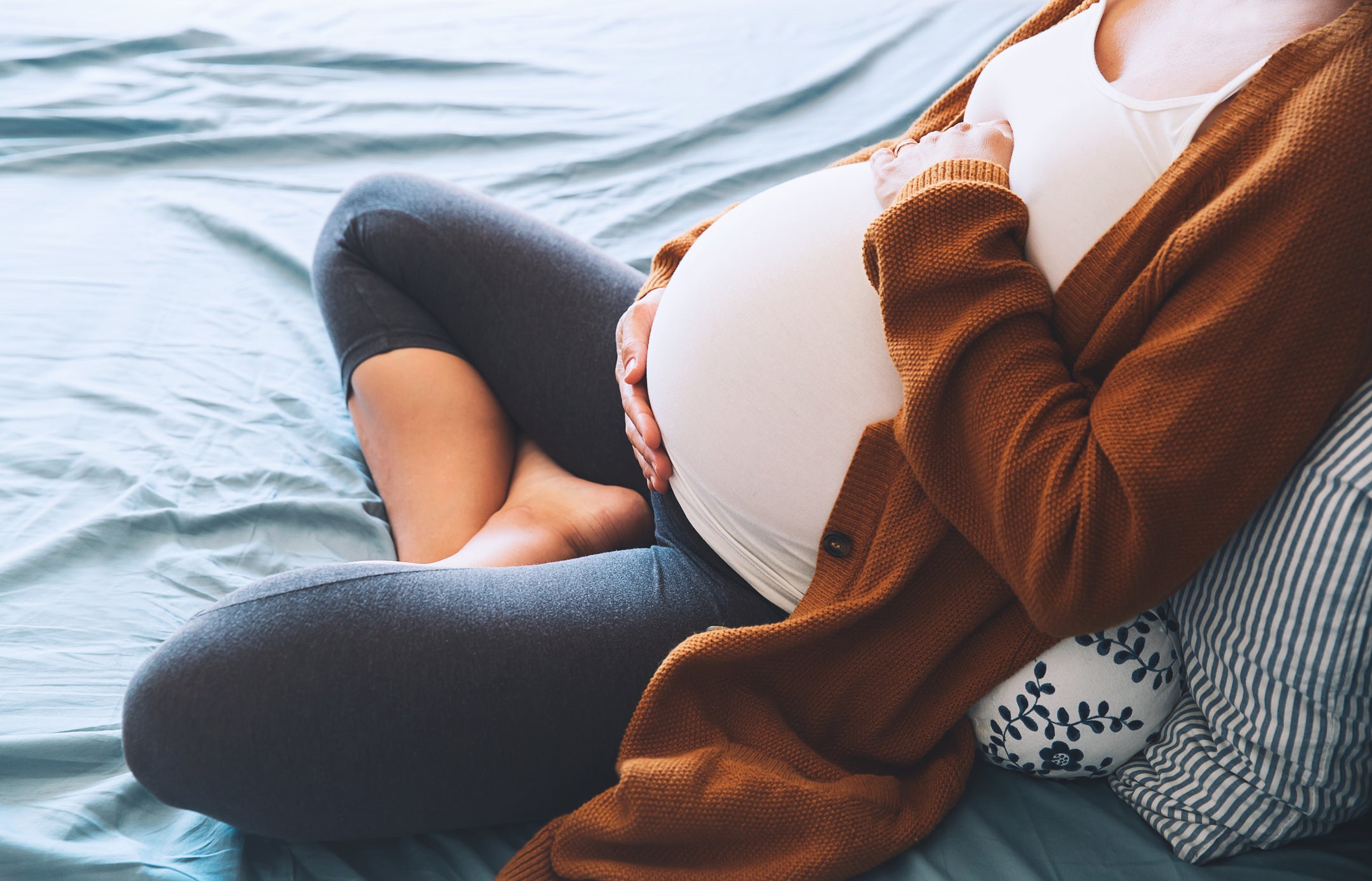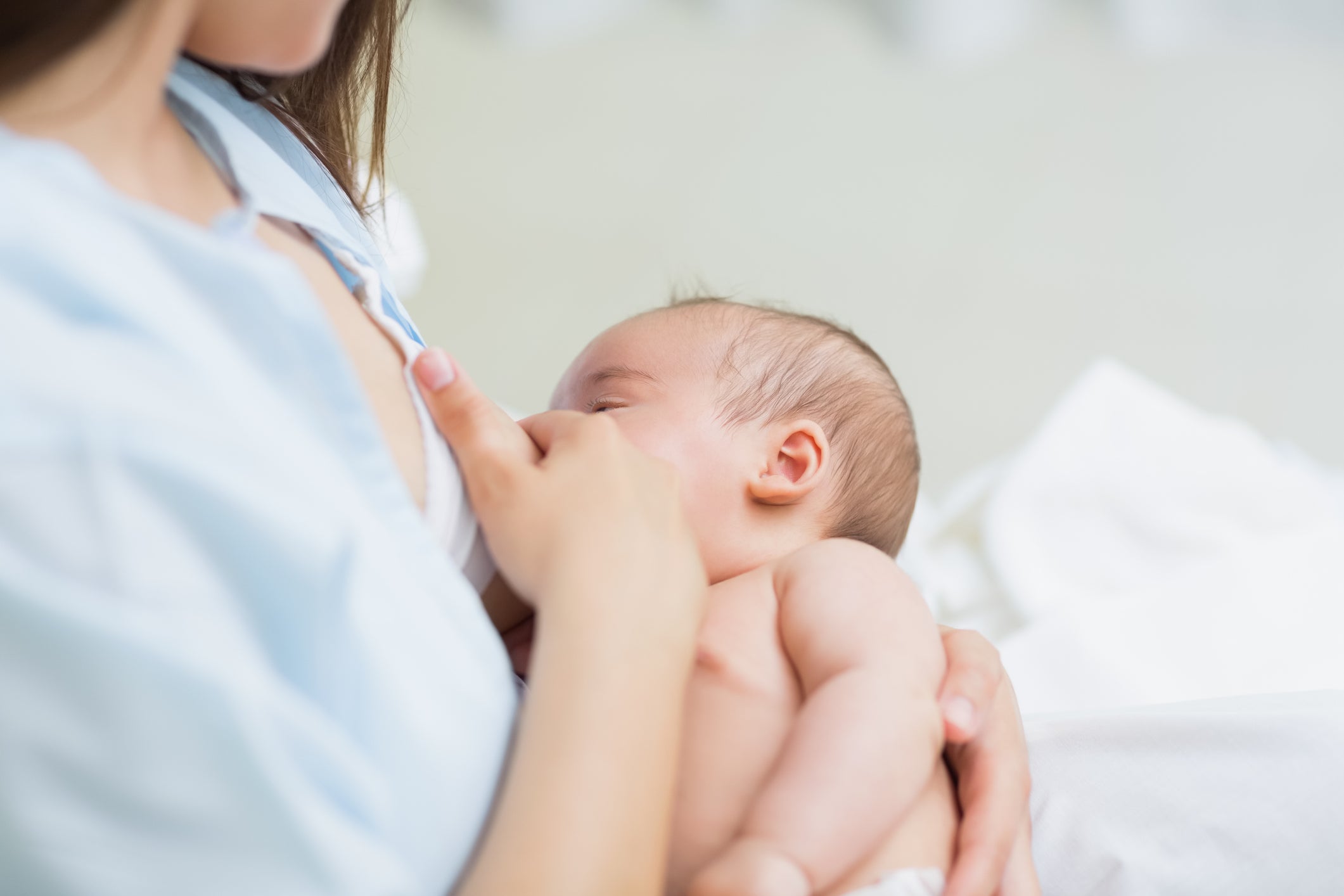Royal baby: What is a doula and will Meghan Markle have one as she gives birth?
A birth doula's fee ranges from £600 - £2000
The Duke and Duchess of Sussex are expected to welcome the birth of their first child any day now.
In October 2018, Kensington Palace announced Meghan Markle was pregnant and due to give birth in spring 2019.
During the duchess’ pregnancy, speculation has increased tenfold regarding the name, birth place, and due date of her child. Among the rumours is the suggestion that the 37-year-old has hired a doula.
A doula is an individual who provides continuous support for a family through pregnancy, birth and the early days of parenthood.
According to the Journal of Perinatal Education, the word “doula” originates from the Greek word for “slave” and is widely understood to describe an experienced woman who, after birth, assisted the mother with breastfeeding her baby.
In 2011, entrepreneur Ruti Karni Horowitz launched World Doula Week – a time dedicated to empowering doulas around the world to the health and wellbeing of women, newborns and families in birth and in the postpartum period. The initiative annually begins on 22 March and runs until 28 March.
From what a doula does to how much they cost, here’s everything you need to know about doulas.
What is a doula?
According to non-profit association Doula UK, doulas act as birth coaches, offering practical and emotional support in women’s own homes as well as in hospitals throughout the UK.
Doulas fill a role that new mothers and families have always needed and are "there to listen, give confidence and not judge", the organisation’s website states.
A doula is usually an experienced woman who has completed some basic training in birthing practice and completed a certification process.

However, they do not offer clinical skills and are not medically trained. Rather, they will have completed an Approved Course which follows the specialist Doula UK Core Curriculum.
Are there different types of doulas?
There are two different types of doulas – a birth doula and a postnatal doula.
What is a birth doula?
Birth doulas support women and families planning a birth, whether that be anything from a planned caesarean or a home water birth.
In the months leading up to the birth, a birth doula will usually meet with the mother-to-be – and her family, if she so wishes – at least twice, and be available for to answer any questions, over the phone or via email, if concerns arise.
During this time, the expectant mother will have the chance to discuss any concerns, their birth preferences and bond with their doula.
Towards the end of the pregnancy (around 38 weeks) a birth doula will go “on call” and be available 24/7. The doula may attend the birth and would typically arrive before the mother arrives at the hospital or before the midwives arrive to a home birth.
During labour, Doula UK explains a doula will be able to “offer help and suggestions on comfort measures such as breathing, relaxation, movement and positioning”.
“If applicable, the doula can also encourage the partner to participate in the birth to a level at which they feel comfortable,” the organisation explains.
Following the birth, a doula will stay with their client until the family feel settled and will do at least one postnatal visit to provide support, whether it’s helping with infant feeding or discussing the birth.
What is a postnatal doula?
Contrary to a birth doula, a postnatal doula typically starts working with a family in the first few months after birth, ranging from the initial six to eight weeks, to early infant years.
Similar to a birth doula, postnatal doulas provide emotional, practical and informational support.
In the postnatal stages, a doula's help may range from assisting with making meals and looking after the baby while the mother (and partner) sleep, to helping care for older siblings.
“Unlike a maternity nurse, a doula is not there to take care of the baby for you,” Doula UK explains. “Instead, a postnatal doula supports you to be the parent you want to be.”
Do you need to be registered with an organisation to have a doula?
It is not a legal requirement to register with an organisation, however the majority of families choose to find a doula through Doula UK which has a directory of close to 700 members.

Doula UK members are required to have completed an Approved Course and been through the Recognition Process - a period of mentoring from an experienced doula while undertaking a minimum of four birth and postnatal jobs.
Are doulas insured?
Doulas associated with the UK’s largest parent charity, National Childbirth Trust (NCT), have professional insurance but this isn’t the case for all doulas.
It is possible for a doula to get comprehensive insurance and many doulas choose to. Clients may enquire about insurance during their interview with their prospective doula.
What is the cost of a doula?
The majority of doulas registered with Doula UK are self-employed and clients pay them directly.
A birth doula associated with the organisation will typically meet with clients several times before a birth and then are ‘on call’ 24hrs a day from 38 weeks until the baby arrives.
As a result, their fee will range from £600 - £2,000, depending on their location in the UK and their level of experience. Expenses and mileage may be included in this package fee or may be invoiced later.
Meanwhile, a postnatal doula with the organisation will usually charge between £15-£30 per hour for their services.
How much a doula charges will vary depending on the area they work in, their level of experience, what they include in the fee and what they feel their service is worth.
A number of doulas are paid behalf of clients by projects specific to their area or certain clients and may also volunteer or work within the NHS.
The Doula Access Fund, founded by Doula UK in 2008, is an initiative that covers the expenses of its doulas volunteering to work with local clients “in emotional, practical, or financial hardship”.
What are the main reasons for someone choosing to have a doula?
The main reason a family choosing to employ a doula would be to have a more positive birth and postnatal experience, Doula UK explains.
Doula Katrina Hampson’s says the simple presence of a doula can make a difference to a woman’s birth and postnatal experience.
“It can transform what can be a daunting, anxious time into one which a family feels supported and empowered in their choices,” she tells The Independent.

According to the organisation, there is evidence to show that having a doula can reduce the risk of a caesarean, instrumental birth or induction and reduce the need for painkillers or epidural during birth.
It is also shown to shorten labour and women report feeling more positive about their birth when they have the continuous support of a doula.
In addition, there is evidence after a birth that shoes that doulas have a positive impact on breastfeeding rates, with more women initiating and continuing to breastfeed, and a lower incidence of postnatal depression (PND).
What are the common misconceptions surrounding doulas?
Hampson jokes that doulas are often mistaken for being “idealistic hippies who advocate drug free, water, homebirths”.
“There is a doula out there for everyone and the common belief amongst us is that we are totally there for the family we are supporting whatever their choices,” she adds. “It's never about us but all about them.”
Meanwhile, fellow doula Alison Edwards says those working in the profession are often presumed to come from “rich white middle class” backgrounds, “only support vaginal, unmedicated births”, and “are all pro life”.
“One must take on all aspects of women’s health and the right to own their own fertility too, in my opinion,” Edwards says.
“Many of us will waive our fee for people needing a doula that cannot afford one. I sell the idea to those that can afford my full fee – that they then enable me to pay it forward to those less fortunate. Trafficked women, survivors of abuse. Anyone.”
Which celebrities have used doulas?
Several high-profile celebrities have revealed they employed a doula before, during and after their pregnancies.
A-listers including singers Idina Menzel, Alanis Morisette, Kelly Rowland and model Doutzen Kroes have spoken openly about their use of a doula.
In 2008, actor Nicole Kidman revealed in an interview with Oprah Winfrey that she had hired a doula while pregnant with her first child, daughter Sunday Rose, with whom she shares with singer Keith Urban.
In 2014, actor Mila Kunis opened up about her birthing plan for her first pregnancy with daughter, Wyatt Isabelle Kutcher.

In an interview with Ellen Degeneres, Kunis revealed: "We watched a couple of documentaries and we looked into the like the midwife aspect of it and things and spoke to my OB/GYN and realized that the hospital that I'm going to be labouring in does a midwife, you know, doula type of thing, and so I'm gonna do it as all natural as I possibly can unless that there's an emergency or something that should wrong. [sic]”
Why do people become doulas?
Reasons for why an individual chooses to become a doula vary, however, many step into the profession following their own experience of childbirth.
Speaking about why she became a doula, Hampson says she always had a deep resonating empathy with supporting others. However, it was following an “extremely difficult” first pregnancy and birth that she said found a huge value in “finding breastfeeding support”.
“I soon found the huge value in finding fantastic breastfeeding support and finding your tribe, whatever that looks like for each family,” she admits.
Edwards, meanwhile, says she felt inspired to become a doula after receiving the same midwife during the births of her first and second child and wanted to support other women as a result.

“Once my youngest went to school I felt that I wanted to pay this forward," she admits.
Speaking of her career – which has involved assisting in 164 births to date – Edwards adds: “I thought I was going into this because of the babies but by the end of my training I realised my true passion was the birthing women and them knowing all of their options.
“So many options had been closed to me whilst birthing and I had never questioned it. I made it my mission for people to know that they did the allowing. Their body – their choice. It became even more important to me that my daughters’ knew this too.”
Find more information about doulas on Doula UK and National Childbirth Trust.
Join our commenting forum
Join thought-provoking conversations, follow other Independent readers and see their replies
Comments
Bookmark popover
Removed from bookmarks